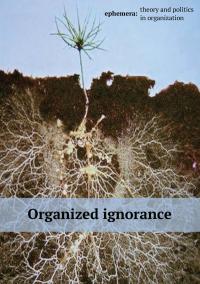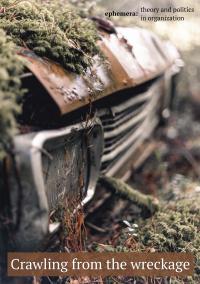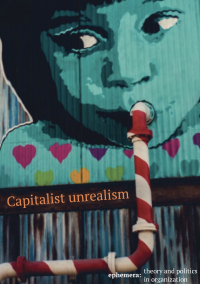Humour
The comic organization
This issue of ephemera explores the role of humour and laughter in society and organization. Joking practices – such as clowning, bantering, horseplay, pranks and lampooning – are a part of all workplaces, not to mention everyday life. But the meaning and significance of humour at work is by no means uncontested: humour serves variously as a coping mechanism, a subversive strategy and a management tool in contemporary organizations. Starting from this basis, the special issue seeks to explore the inherent ambiguity of humour in a range of empirical and theoretical sites.
The comic organization
Issue editors: Nick Butler, Casper Hoedemaekers and Dimitrinka Stoyanova




